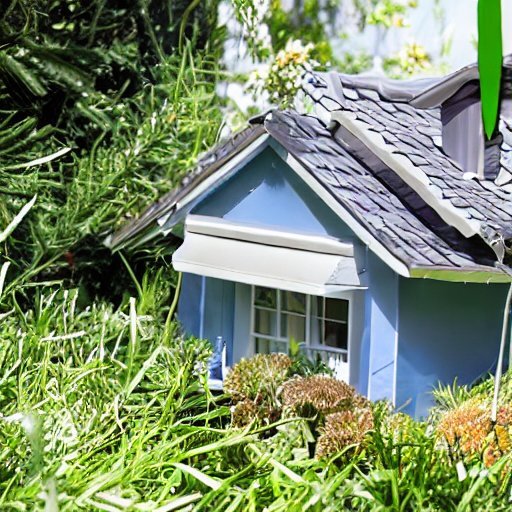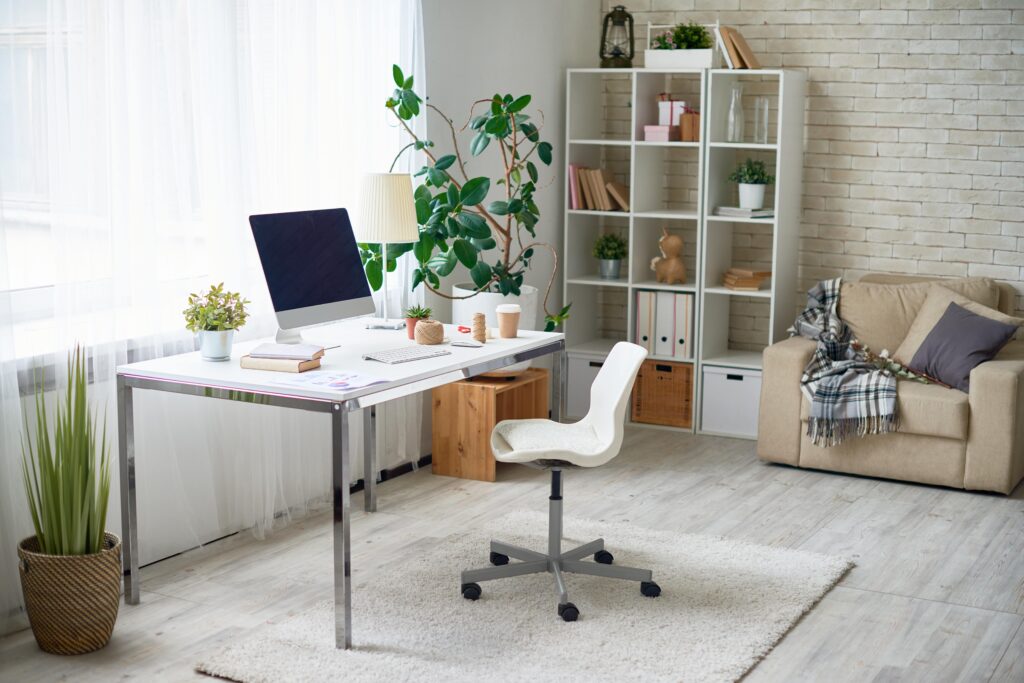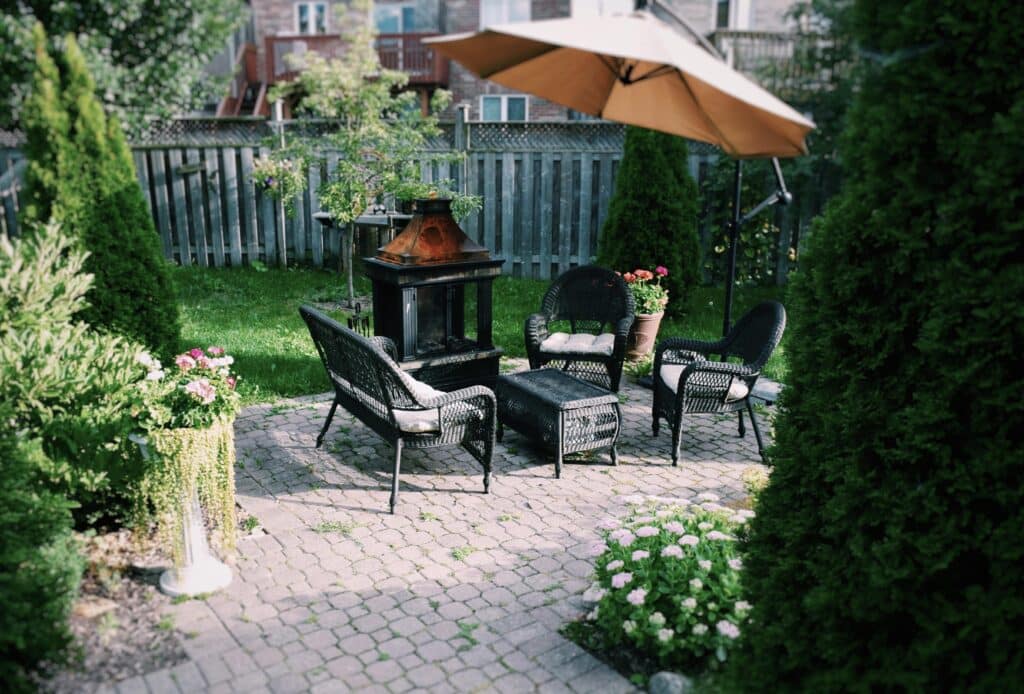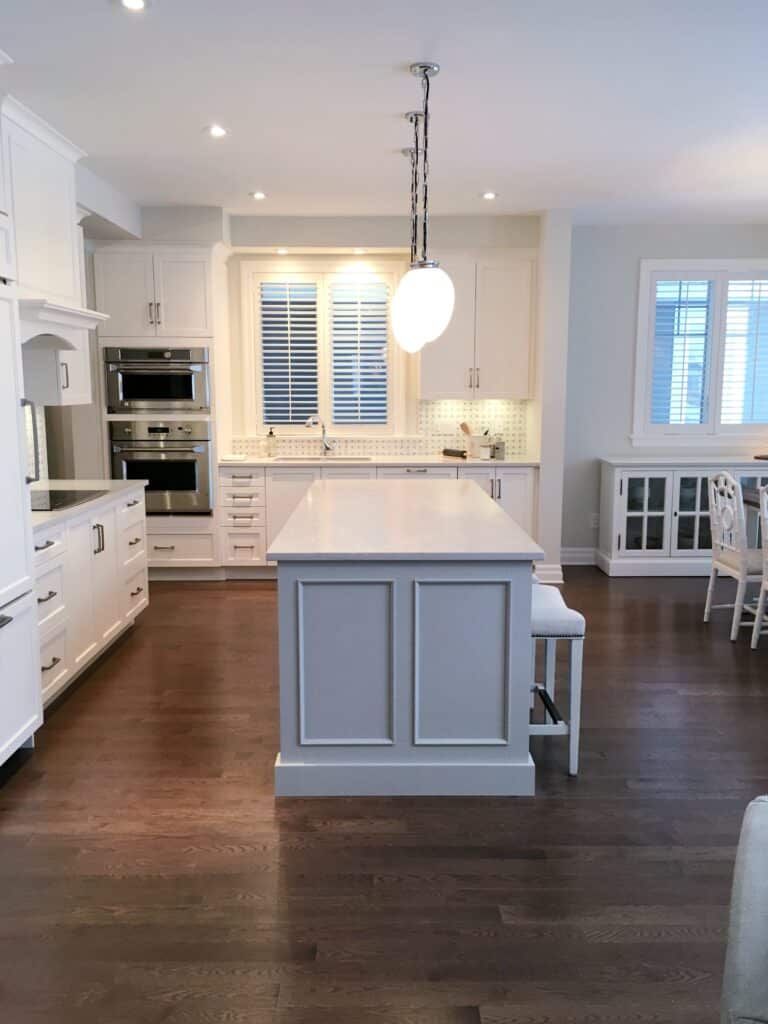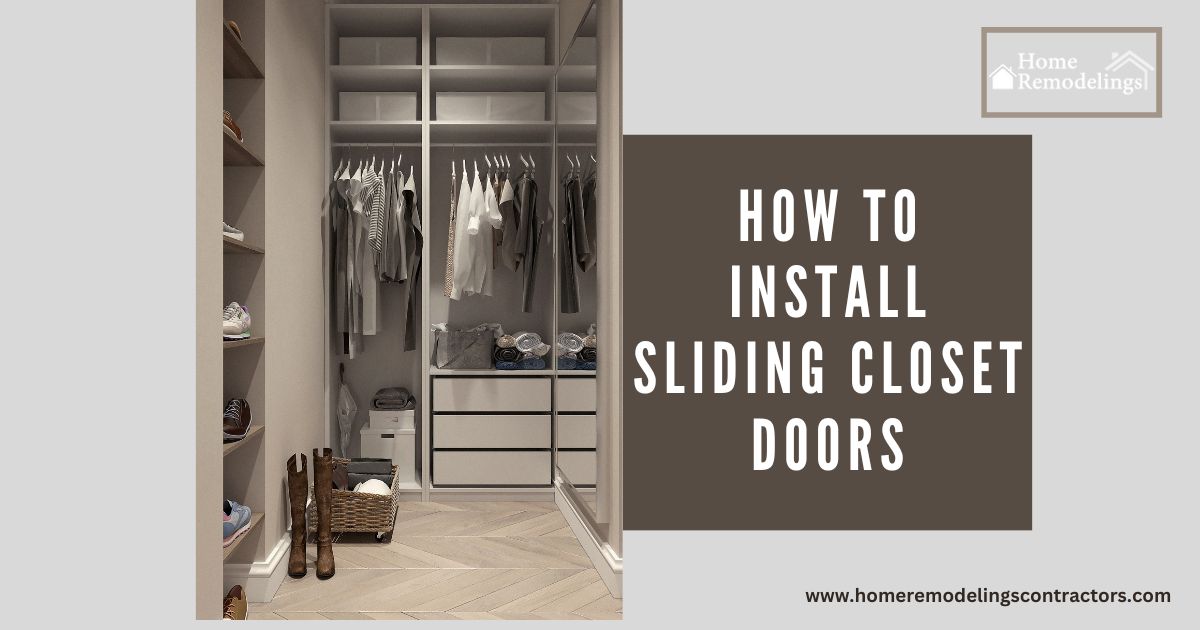Homeowners often face the troublesome issue of pest infestations, which can cause significant distress and inconvenience. Not only can they cause damage to your property, but they can also pose health risks to you and your family. Fortunately, there are a variety of pest control home methods that can be used to keep your home free of unwanted visitors. In this article, we’ll discuss some of the most effective ways to control pests in your home.
Ways to Control Pests In Your Home
Identifying the Problem
Pests need to be identified before any other action can be taken. This means identifying the type of pest that has invaded your home. Common household pests include ants, roaches, mice, rats, and spiders. Once you’ve identified the pest, you can begin to look for signs of its presence. This may include seeing the pest itself, finding droppings or other evidence of their activity, or noticing damage to your property.
Prevention
When dealing with pests, prevention is always preferable. You can take many steps to make your home less attractive to pests. This includes doing things like keeping your house neat and tidy, getting rid of clutter, fixing any structural issues, and securing any food or other items that could draw pests.
In addition to these measures, you can also use one of the many natural repellents available. Examples of natural bug repellents include peppermint oil for ants and cedarwood oil for moths and other flying insects.
Chemical Control
Chemical control methods may be necessary when prevention methods are not enough to keep pests at bay. There are a variety of chemical pesticides that can be used to eliminate pests from your home. These pesticides may be applied as sprays, baits, or traps.
It’s important to use these chemicals carefully and follow all instructions on the label. Improper use of pesticides can be dangerous to both people and pets. It’s also important to note that some pests may become resistant to certain pesticides over time, so switching to a different product may be necessary if you find that one isn’t working.
Integrated Pest Management
Integrated pest management (IPM) is a holistic approach to pest control that combines a variety of methods to control pests. This includes prevention methods, natural repellents, and chemical control methods. IPM aims to use the most effective and least harmful methods to control pests while minimizing the environmental impact.
One of the key components of IPM is monitoring. This involves regularly checking your home for signs of pest activity and taking action before the problem gets out of control. Another important component of IPM is education. By understanding the habits and behaviors of pests, you can take steps to prevent them from entering your home in the first place.
Professional Pest Control Services
If you’re dealing with a particularly stubborn pest problem, it may be necessary to enlist the help of a professional pest control service. These services have access to more powerful pesticides and can help you eliminate pests from your home quickly and effectively.
When choosing a pest control service, it’s important to choose a reputable company with experience in dealing with the type of pest that you’re dealing with. Be sure to ask for references and check online reviews before deciding.
Conclusion
Pest control is an important part of keeping your home safe and healthy. You can keep your home pest-free in a few ways: by preventing pests from coming in the first place, using natural repellents, or by resorting to chemical control measures. If you’re dealing with a particularly stubborn pest problem, don’t hesitate to enlist the help of a professional pest control service. With the right approach, you can keep your home pest-free and enjoy peace of mind knowing that your family is safe and healthy.
Contact us today at Home Remodelings Contractors for a custom quote.
FAQS
What are some common household pests?
Common household pests include ants, roaches, mice, rats, and spiders.
How can I prevent pests from entering my home?
You can prevent pests from entering your home by keeping it clean and free of clutter, sealing up any cracks or gaps in your walls or foundation, and properly storing food and other items that pests may be attracted to.
What are some natural repellents for pests?
Some natural pest repellents include peppermint oil for ants, cedarwood oil for moths, and citronella oil for mosquitoes.
Are pesticides safe to use in my home?
When used properly, pesticides are safe to use in your home. However, it’s important to follow all instructions on the label and use them carefully to avoid any potential dangers.
What is integrated pest management?
Integrated pest management (IPM) is a holistic approach to pest control that combines a variety of methods to control pests, including prevention, natural repellents, and chemical control methods.
How often should I check my home for pests?
It’s a good idea to check your home for pests regularly, especially in areas where pests are known to be common. This can help you catch any problems early on and take action before the problem gets out of control.
Can I use DIY methods to control pests in my home?
Yes, DIY insect control is possible thanks to the wide availability of effective techniques. This includes using natural repellents and preventing pests from entering your home.
How long does it take to completely get clear of a pest infestation?
When choosing a pest control service, it’s important to choose a reputable company with experience in dealing with the type of pest that you’re dealing with. Be sure to ask for references and check online reviews before deciding.
How long does it take to completely get clear of a pest infestation?
The length of time it takes to eliminate a pest problem depends on the severity of the infestation and the methods used to control it. Sometimes, it may take several weeks or even months to completely eliminate the problem.
How can I ensure that my home stays pest-free?
To ensure that your home stays pest-free, it’s important to continue taking steps to prevent pests from entering your home, regularly check for signs of pest activity, and address any problems promptly before they get out of control.
